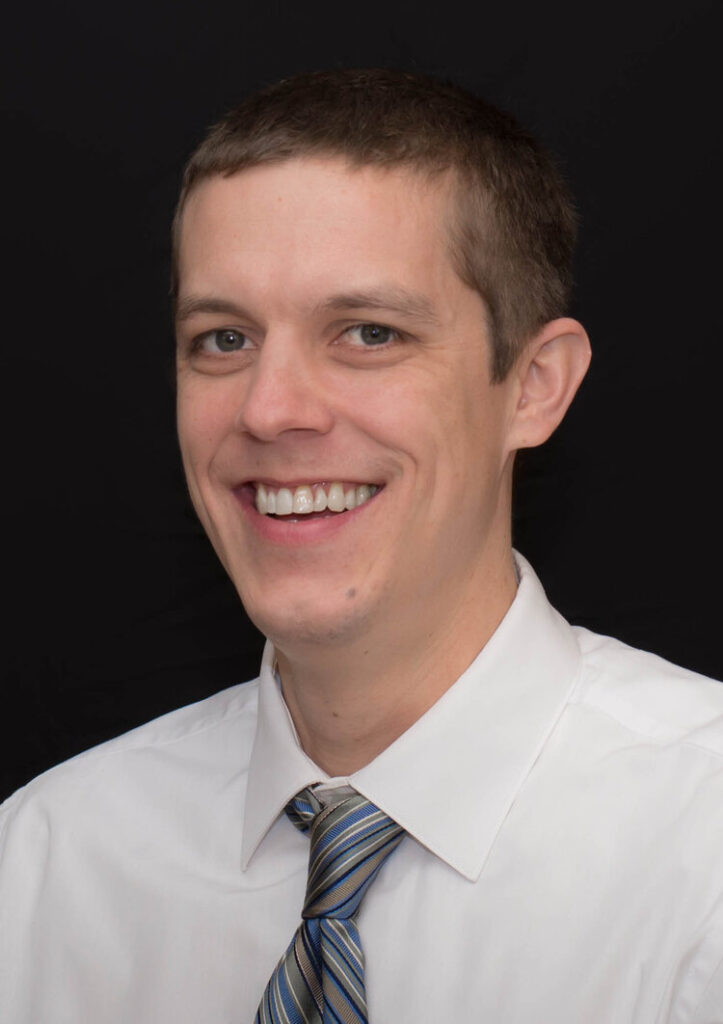 Lawndale Christian Health Center (LCHC) provides affordable, high-quality primary health care services – including dental, optometry, and pharmacy – to low-income patients out of seven locations on Chicago’s west side. IFF sat down with Chief Financial Officer Chris Dons to learn more about how the organization is responding to COVID-19 and how the Paycheck Protection Program (PPP) may help them through this moment in history.
Lawndale Christian Health Center (LCHC) provides affordable, high-quality primary health care services – including dental, optometry, and pharmacy – to low-income patients out of seven locations on Chicago’s west side. IFF sat down with Chief Financial Officer Chris Dons to learn more about how the organization is responding to COVID-19 and how the Paycheck Protection Program (PPP) may help them through this moment in history.
IFF: How did COVID-19 and the related shutdowns affect your organization?
Dons: During the initial onset of the COVID-19 pandemic, LCHC quickly adjusted to slow the spread of infection among staff and patients while ensuring that needed services remained available to the community. All clinics, aside from the main two clinics located in North Lawndale, were closed for regular services. LCHC quickly set up an Acute Respiratory Clinic for those experiencing COVID-19 symptoms to receive testing services and care, while providing limited essential in-person services in a separate clinical space. LCHC has dramatically increased testing capabilities since that time and now operates two drive-up testing sites on Ogden Avenue, which have administered more than 3,800 COVID-19 tests.
The sheer ingenuity and creativity that our teams put on display as they responded to the emerging crisis was something beautiful to behold.
In addition to the provision of primary care services, LCHC has worked with the City of Chicago to develop a comprehensive response to individuals experiencing homelessness during this time of COVID-19. In addition to ongoing medical care at homeless shelters through LCHC’s Mobile Health Team, LCHC has taken on the responsibility of operating a downtown hotel, which now houses high-risk patients who are experiencing homelessness. These individuals, who would be otherwise living in homeless shelters or on the street, can be safely isolated from COVID-19 and receive daily meals, medical attention, medication, if needed, and case management services. To date, the hotel has served 259 people.
IFF: Why did you decide to pursue a PPP loan, and how do you think it will help your agency?
Dons: The demands created by COVID have created no less work when it comes to reopening, but the limitations will ensure less revenue because we can’t physically treat as many patients face to face with the current guidelines. Our organization made a commitment to keep everyone at their same employment status pre-COVID when the shut-down started. The PPP loan will help us do that.
IFF: What was your experience like in getting the PPP loan?
The most painless experience we’ve ever had when it came to obtaining financing of this magnitude.
IFF: What’s one thing you’ve learned in this climate?
Dons: The pandemic forced both the providers of healthcare and the patients receiving that care to rethink what healthcare meant to them. It created an opportunity for both stakeholders to learn how to communicate with one another through a different medium. For those willing to learn something new and embrace the technology that could connect them, there were plenty of rewarding experiences to be had. What would have taken months or even years to implement took days and weeks instead. The sheer ingenuity and creativity that our teams put on display as they responded to the emerging crisis was something beautiful to behold and stood in stark contrast to the fear and apprehension that seemed climb by the hour in those early days. While the end may not be in sight yet, I am finding solace in the knowledge that our community, and the dedicated men and women who continue to serve them, will have what it takes to meet the challenge.